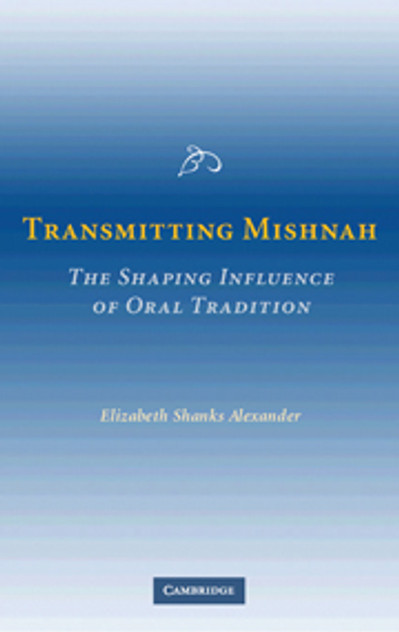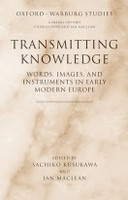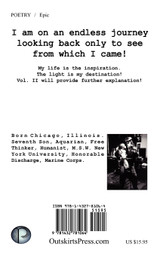
Trending Bestseller
Transmitting Knowledge
Based on new research, a distinguished international team studies the forms in which scientific knowledge was transmitted in the late medieval and early modern period, the ways they interacted, and the people to whom the knowledge was directed. Among the famous authors whose work is examined here are Fuchs, Vesalius, Tycho Brahe, and Descartes.
Hardback
01-July-2006
RRP:
$681.00
$497.00
In Stock:
Ships in 3-5 Days

Transmitting Knowledge
RRP:
$681.00
$497.00
Description
The period between the fifteenth and the middle of the seventeenth centuries saw a great many changes and innovations in scientific thinking. These were communicated to various publics in diverse ways; not only through discursive prose and formal notations, but also in the form of instruments and images accompanying texts. The collected essays of this volume examine the modes of transmission of this knowledge in a variety of contexts. The schematic representation
of instruments is examined in the case of the 'navicula' (a versatile version of a sundial) and the 'squadro' (a surveying instrument); the new forms of illustration of plants and the human body are
investigated through the work of Fuchs and Vesalius; theories of optics and of matter are discussed in relation to the illustrations which accompany the texts of Ausonio and Descartes. The different diagrammatic strategies adopted to explain the complex medical theory of the latitude of health are charted through the work of medieval and sixteenth-century physicians; Kepler's use of illustration in his handbook of cosmology is placed in the context of book production and Copernican
propaganda. The conception of astronomical instruments as either calculating devices or as cosmological models is examined in the case of Tycho Brahe and others. A study is devoted to the multiple functions of
frontispieces and to the various readerships for which they were conceived. The papers in the volume are all based on new research, and they constitute together a coherent and convergent set of case studies which demonstrate the vitality and inventiveness of early modern natural philosophers, and their awareness of the media available to them for transmitting knowledge.






